Ketogenic dieting and long-distance running can go together on the journey of losing fat effectively.
As many people know, marathon runners tend to shy away from a high fat keto diet and will solely focus on carbohydrates, particularly starchy carbs.
People often think a ketogenic diet doesn’t mix with high-intensity exercise (HIIT) or endurance running. Let’s see how you can combine them for a better effect.
The ketogenic diet was originally used for treating epilepsy and other neurologic illnesses.(1)(2)
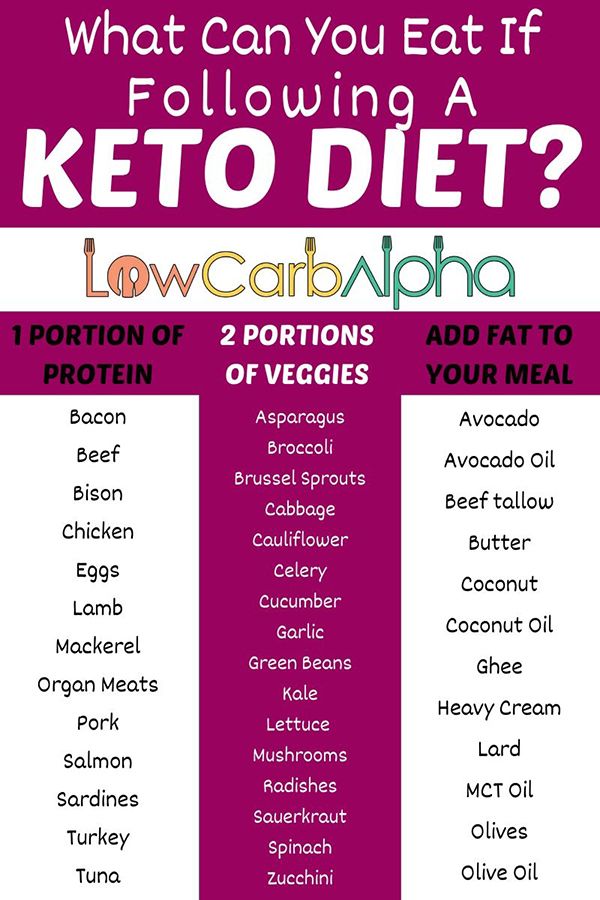
What is Keto
To put it simply, a keto diet is a high-fat, moderate-protein while reducing carbohydrate consumption.
It triggers ketones which are released into the body and used for fuel. Your body enters into a ketosis state.
A typical day you will look to eat foods totaling 75% fat, 20% protein, and a lowly 5% carbs.
It doesn’t need to be precise since it varies from the person. For more check out our keto food list.
It’s since become popular again in the last few years.
Nowadays, it’s in its full bloom because of its excellent effects and results.
Athletes and regular people found the diet easy to implement and exceedingly efficient regarding more energy and building lean muscle mass.
At its core, this diet minimizes carbs, and you consume fats and more fats. Eating a high-fat diet in the long term puts the body in a so-called state of ketosis.

Ketosis is a state where the liver takes the proteins and fats and then uses them to create molecules called ketone bodies.
When the body produces ketone bodies, it gains significant amounts of sustainable energy that athletes use for training.
Because it takes fat and reproduces them in energy, the keto diet can also help you lose more excess fat while eating great foods containing fats and oils.
A ketogenic diet is based on nutrition that tends to increase energy levels and reduce body fat.
Whether or not it helps build a lean muscle mass, the jury is still out.
With all the studies published, the ketogenic diet may not be the best solution if looking to gain muscle and size.

Ketogenic Diet and Running
Running is one of the best and straightforward types of cardio exercise.
It’s a natural motion humans have done for many years.
Some personal trainers believe if you restrict carbs, it will hurt a marathon runner’s performance.
On the flip side, some coaches will say the exact opposite and swear by ketone bodies and endurance running on a keto diet.
If carbohydrates are so bad, then you would have to question why some of the fastest runners in the world are from third world countries.
For example, runners from Kenya or Ethiopia who compete in athletics can typically run for hours upon hours with a diet high in carbs being the most significant source of nutrition.
Running or jogging when the body is in a ketosis state is ideal for a few reasons.
It gives you a sustainable amount of long-term energy.
Functioning on glucose is put on hold. The body adapts from the fats and treats ketones as the main energy source.

The more low carb fuelled marathon running you do, the more fat you will burn.
This was proved in several studies involving athletes’ exercise.
A very low-carbohydrate ketogenic diet has proven to do miracles.
In one study a high-fat diet enhanced endurance in trained cyclists during moderate intensity exercise after following a ketogenic diet for just 2 weeks.(3)
Strength performance was the same or improved, and lean muscle mass remained the same. Contrary the body fat percentage slightly decreased, as well as the body weight.
In another study, a ketogenic diet combined with 6 weeks of CrossFit exercise training can lead to notable decreases in body fat and BMI.
Additionally, significant increases in total performance time and power can be achieved.(4)
Explosive Training
One thing where the ketogenic diet may not help is explosive runs. However, this is a small detail that can be solved with a simple action.
If you want improved athletic performance with a ketogenic diet, look to eat 30-40 grams of carbs or more, a half-hour before you run.
Your body will be primed for explosiveness and intensity, and your low carb diet will not be interrupted.
Another name for this type of eating plan is a targeted ketogenic diet.
You may wish to follow a bodybuilding meal plan and consume your bulk of carbs around your workouts or exercise schedule.
Whether or not using keto dieting improves running performance or general distance running is debatable.

Keto, Nutrition & Running
Being in ketosis can be an excellent fuel source for marathon runners.
As the ketogenic diet is great for fat loss, performing HIIT or general exercise will help maintain lean muscle mass when dropping the pounds.
Combining a wholesome keto nutrition plan with plenty of veggies coupled with high-intensity training works well with both fat loss and retaining muscle.
If you take short and high-intensity runs or longer endurance runs with lower intensity, in both instances a LCHF diet is ideal.
It can help to break a plateau by changing up your routine daily nutrition program.
There are many different types of ketogenic diets.
However, tailor your choice, mostly based on your goals, nutrition, and meals included.
New diets come and go, but most people will agree with a healthy nutrition plan consisting of whole natural foods will always be of importance.
Your level of fitness and readiness to follow a disciplined diet can make or break you.
If you currently eat a typical American diet and are determined to try eating a keto lifestyle, be sure to discuss your plan with your doctor.

At the end of the day, it doesn’t matter which diet you choose.
Running and high-intensity interval training will improve your health naturally no matter what type of low carb diet you follow.
Just be sure, working out while in ketosis will increase energy levels, promote lean muscle mass, and improve performance.
What impact does a keto diet have on your endurance or running performance, if any?
Do you find you have increased energy running while in keto or suffer without a high carb diet?

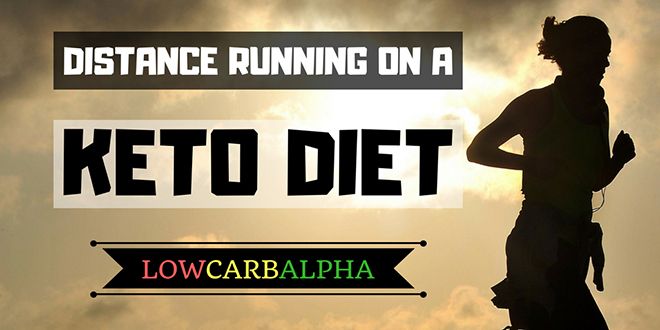


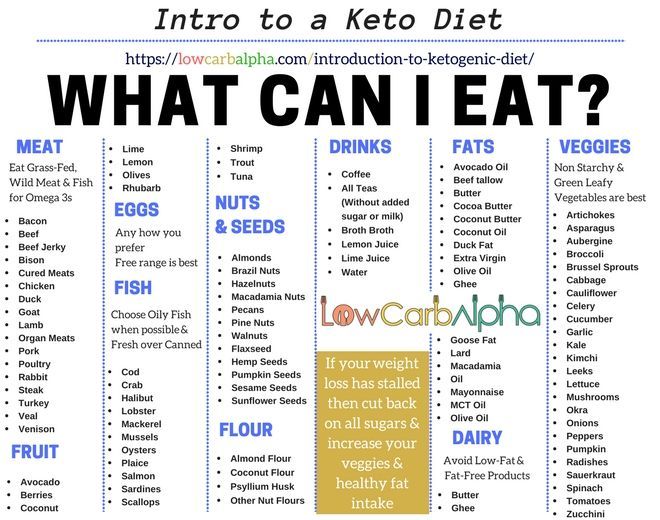
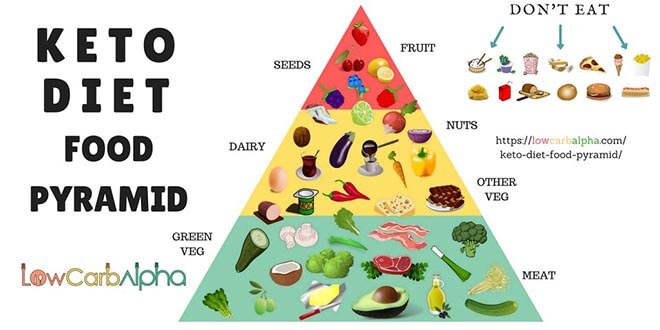
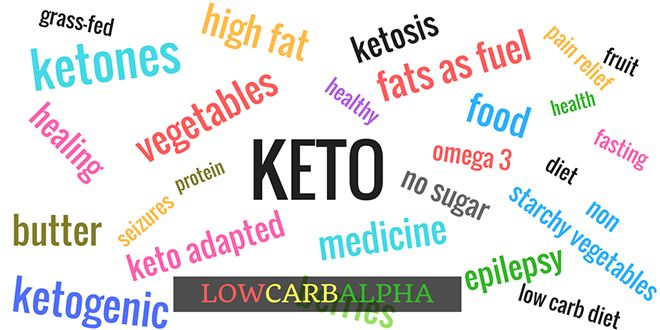
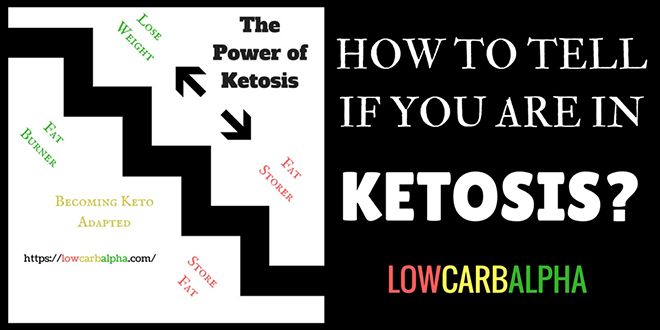
I loved this article and would love to have you check out my site Keto Runners. It is all about ketogenic diets for endurance running, from half to ultramarathons!
I have been doing keto for about 1 week now. Last week my long run was 7 miles. Started Keto Monday and my run was 3 miles and fine as well as Wednesday, again at 3 miles. Then Friday, when I was really in Ketosis, I couldn’t even get 1 mile in before walking. Just out of energy. Do I need to just push through it? I’m trying to train for a 1/2 marathon in June. What can I do for my energy?
I would suggest pushing through it. Keto adaptation in a training phase can take many weeks, even months, especially if your body is not used to it.
It would be wise to follow a targeted keto diet or to have the bulk of your carbs before running due to how rapidly your body can convert it into energy.